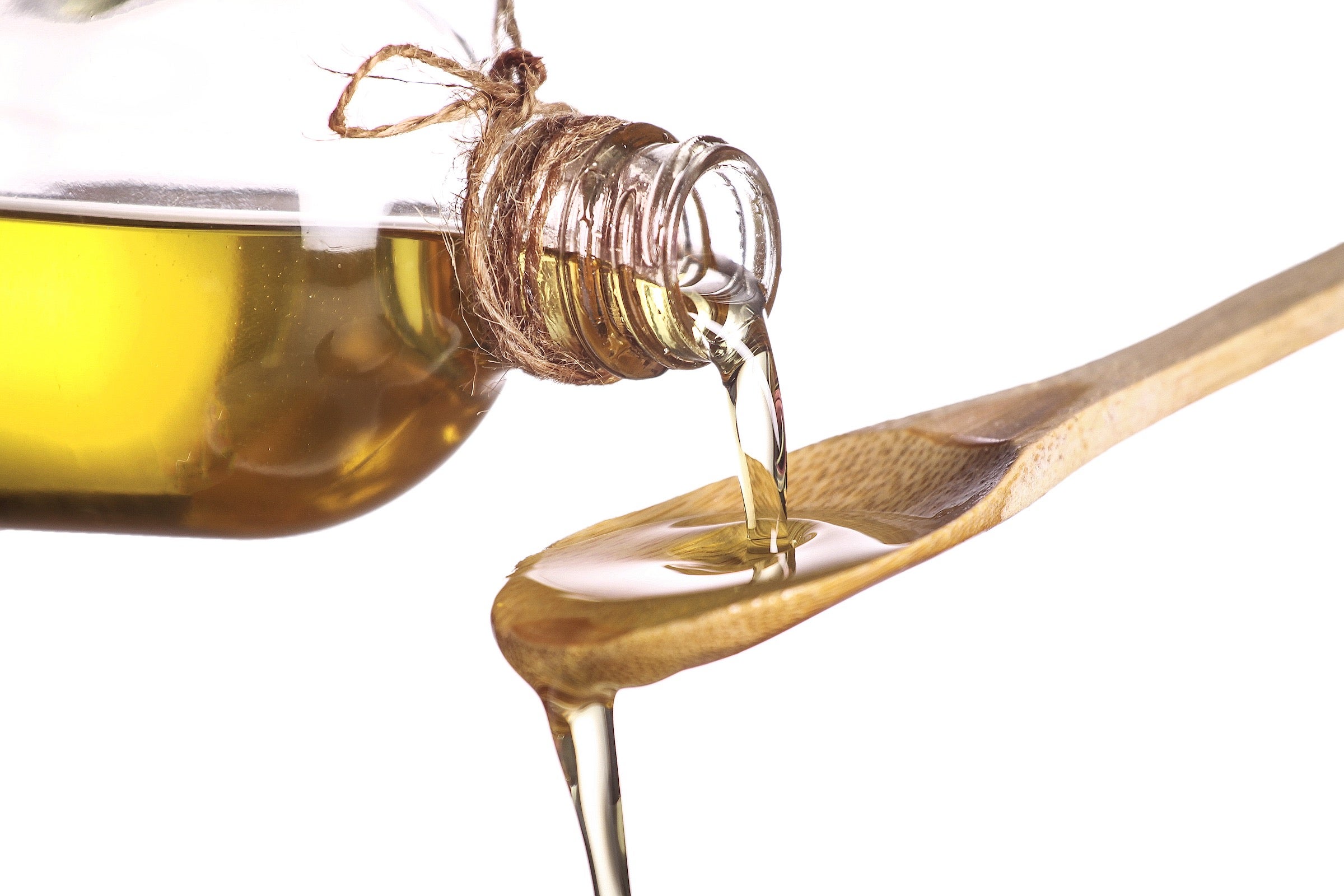Plant-Based Oils are Nutritional Liquid Gold

If there’s one thing that’s truly been missed in 2020, it’s the simple act of sharing. Sharing an experience, a hug, a meal. Remember the days of sharing a basket of bread at a restaurant with an aromatic oil for dipping? Turns out, that simple appetizer is an ideal combo for runners, who need a healthy dose of carbs and fats to perform their best.
Fat is important in kick-starting the process of muscle recovery by supporting cell growth and repair. Unsaturated fats (usually plant-based and in the form of liquids, like oil) can decrease inflammation. “At rest and for lower intensity, fat is used as an energy source,” says Melissa Lanes, R.D., with the University of Colorado’s Anschutz Health and Wellness Center. It’s necessary for muscle movement, hormone production, blood clotting, and to absorb vitamins into the body. “It is also an essential part of the cell membrane that protects every cell in our body,” she adds.
About 20 to 35 percent of your daily calories should come from fats, with the majority being unsaturated fats. An extremely low-fat diet or body composition leaves runners vulnerable to reproductive issues and compromised immune systems.
Simon Lusky, owner of Revel Kitchen in St. Louis, focuses on plant-based fats when he cooks for athletes. “Animal fat is OK in moderation and can be good for you,” he says. “But I lean toward plant-based fats from olives and seeds and avocados.”
[Related: 3 Easy Dips Perfect for Sharing]
Are You Getting Enough Omega-3s?
You’re probably getting enough of one form: ALA. The other two, EPA and DHA, are less frequently consumed. In a study that looked at college athletes, only a startling six percent were getting enough of those brain-boosting fats that are also essential for muscle recovery and reducing inflammation. For adult women, 1,100mg of omega-3s are recommended daily, with 500mg from EPA and DHA.
“Before reaching for a supplement,” says Lanes, “I’d recommend trying to increase food-based sources of omega-3s in your diet.” That means reaching for fatty fish like salmon, herring, sardines, mackerel, trout; flaxseeds; chia seeds; walnuts; and canola oil. Flaxseed oil can also be used in salad dressings or sauces rather than taken as a supplement.
Picking the Right Oil
Plant-based fats are used for so many things in the kitchen. But do you know which one to reach for when it’s meal time?
- Olive Oil: Versatile, rich in flavor. Use with no or low heat. Good for salad dressings, dips, sauces, or sautés.
- Peanut Oil: Mild, nutty flavor. Use in high-heat cooking or roasting. Works well with Asian cuisine like stir fries, rice, and noodles.
- Sunflower Oil: Light and flavorless. Use in high-heat cooking, roasting, or frying. Lusky uses this neutral oil to create more complex sauces, like cilantro lime, peanut miso, or lemon garlic aioli.
- Avocado Oil: Not as strong as olive oil, but not as neutral as sunflower oil. Add a tablespoon to a smoothie, roast vegetables, or create a salad dressing or homemade mayo.
- Almond Oil: Unique nutty flavor. Use in high-heat cooking or roasting. Drizzle over pasta for a boost of flavor, or combine with apple cider vinegar and herbs for a salad dressing.
- Grapeseed Oil: Mild flavor and high smoke point make it great as an all-purpose oil. Use it to sear meat, lubricate a grill, or for frying and sautéing.
- Flaxseed Oil: Slight nutty flavor. Best consumed raw. Spoils easily, keep refrigerated. Good for sauces and salad dressings.
- Sesame Oil: Bold, nutty flavor. Works well in Indian, Middle Eastern, African, and Asian cuisines.
- Coconut Oil: Buttery texture and rich coconut flavor. Use as a 1:1 substitute for butter in baking. Can also substitute liquid fat in baked goods, but Lusky recommends adding more coconut oil to compensate for the density difference.
- Vegetable Oil: This is often a blend of different types of oil, so composition will vary. Best used as a lubricant for pans, as it is not as nutritionally dense as other oils.
Lusky recommends buying unrefined, extra-virgin, or virgin to be sure you’re getting the most flavor and nutrition out of your oil. “The more something is being refined or pushed or squeezed, the less that’s going to be in there nutritionally,” he says. A refined oil or pomace olive oil are better for lubricating your pan or grill.